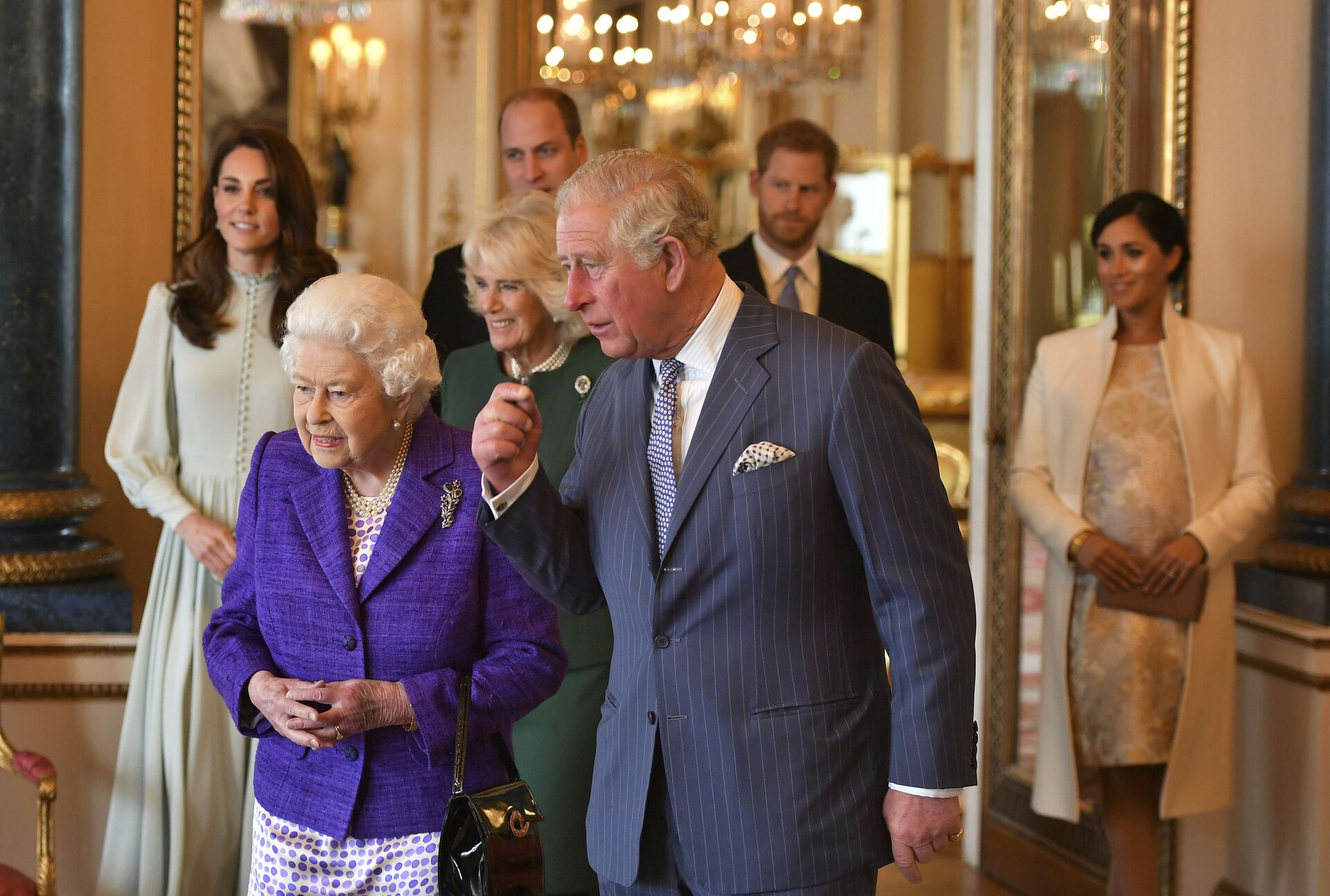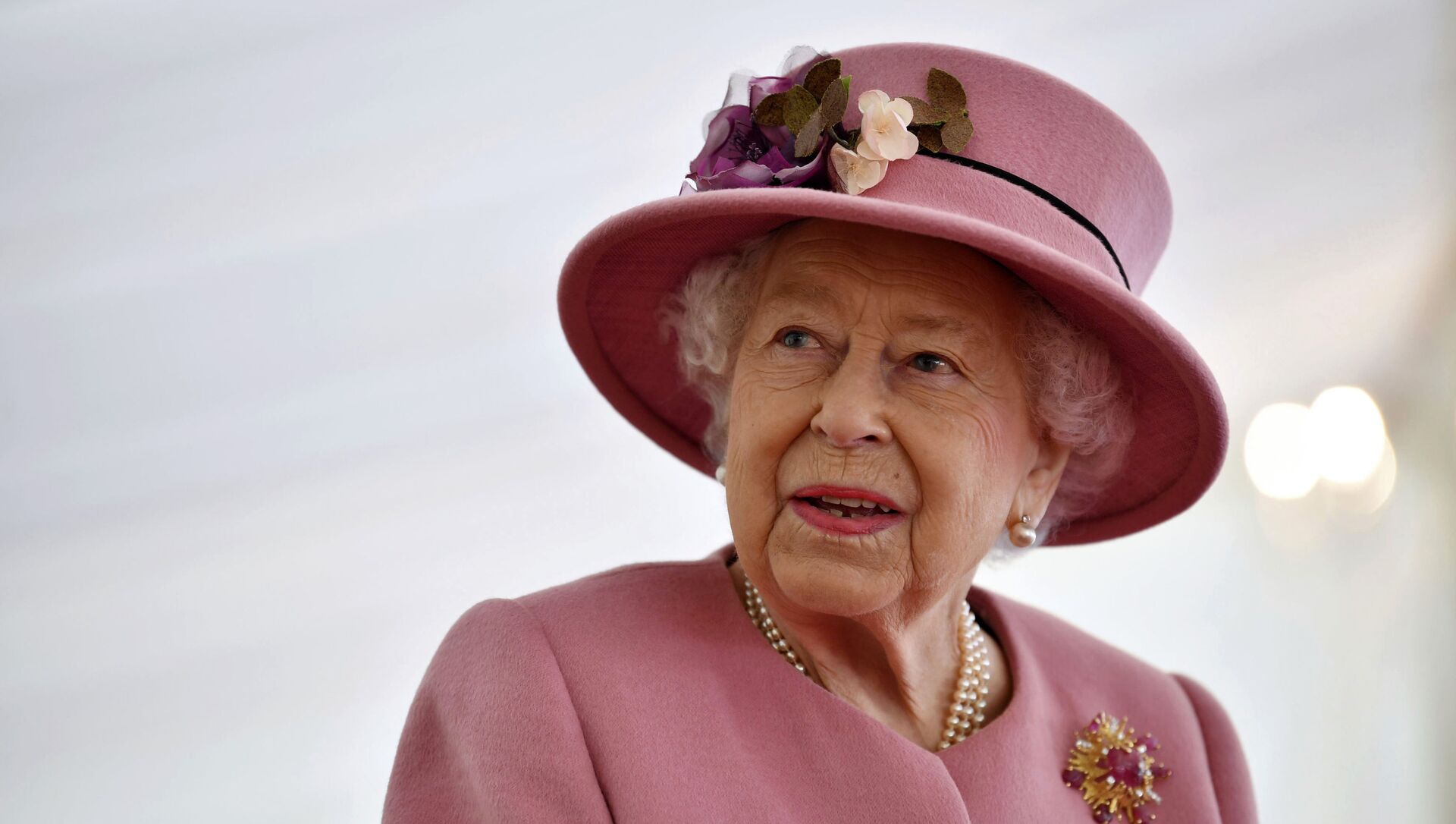The royal household has vetted over 1,000 laws at the UK government’s request since Queen Elizabeth II ascended to the throne in 1952, a much larger figure than was initially assumed, The Guardian revealed.
Curious minds at The Guardian came up with a list of 1,062 parliamentary bills that were sent to Buckingham palace for the Queen’s consent during the last 69 years.
The Queen’s consent is a formal procedure that requires ministers to ask for the monarch’s permission to proceed on with parliamentary debate if lawmakers believe that the proposed legislature would affect the Crown.
Traditionally, that would cover laws related to such fundamental powers as the ability to declare war, royal assets and estates, as well as wealth and taxation (the Windsors are one of the richest families in the United Kingdom, after all).
If lawmakers decide that the Queen’s approval for upcoming laws is necessary, the government then sends a formal request to Buckingham Palace for royal lawyers to study the proposal for two weeks and then either grant permission or deny it.
It is only with the Queen’s approval that the British parliamentarians can then commence a debate on the proposed legislation.
According to the Queen’s spokesperson, the monarch’s consent remains a “purely formal” process.
“Consent is always granted by the monarch where requested by government. Any assertion that the sovereign has blocked legislation is simply incorrect”, she argued.

The database shows that in the past, the Queen and her eldest son Prince Charles have screened a number of draft laws ranging from social justice to some various proposals related to parking issues and salmon.
The sheer range is raising eyebrows among observers about why the Queen was even asked to vet some of these drafts.
“A lot of these bills are not distinctively about the crown, or mainly about the crown, or obviously about the crown in any way”, Liverpool University’s Professor Dr Adam Tucker told The Guardian. “And yet they obviously still have some content which drags them into the process”.
But the Queen’s spokesperson maintains that it is always up to the Parliament to decide what is worthy of the monarch’s attention, even when it comes down to her “personal interests”.
But the list shows that some of the proposals recently sent to Buckingham Palace have had vital importance for the whole country and not just the royal family in particular: last year, the royals were asked to vet a bill on the UK’s future relationship with the European Union (dated by 30 December 2020) and the 21 January 2020 European Union Withdrawal Agreement.
The Guardian also studied the National Archives and claim that the Queen has previously resorted to private lobbying in a bid to pressure the government to implement changes to at least four draft laws. According to the media “investigation”, this apparently relates to the Queen’s attempt to pressure ministers to alter a 1970s law on transparency in a bid to keep the public in the dark about the extent of her private wealth.
Buckingham Palace has refused to confirm whether Queen Elizabeth has ever asked the government to make changes to legislation since assuming the throne nearly 70 years ago.



